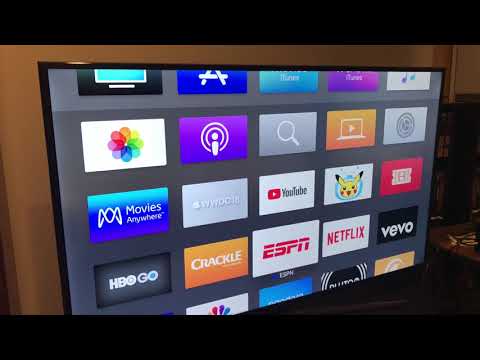An Internet Service Provider (ISP) provides users with the services that help them access and use the internet. There is a myriad of ISPs that offer connectivity services all over the USA. You could search the web for ‘cheap internet near me’ and you’ll get your answers, but to help you get a clearer view, we will discuss some factors that you should keep in mind.
The Key Factors
Once you have identified the need for an internet connection in your household, it is good to browse through the options. Each ISP will offer packages at varying prices, but the cheapest connection may not be the best for you.
There are a lot of elements that you can consider. Don’t choose the first option you find, but take the time to identify your needs, and only then should you sign a contract with the chosen ISP.
Speed
ISPs will talk about the speeds of their internet connections when they advertise their packages. You should focus on the download speed. If you have plans to upload videos and large files online, you should also take the upload speed into account.
Once you have an idea of the speeds being offered, you should have a look at the type of connection being offered. Internet services can be offered through DSL, cables, satellite, and fiber-optic internet.
The location of the central office will also dictate the speed of your internet. The farther away you are from the central office, the slower you will find your internet connection to be.
Have a look at the tasks you can perform with different speeds:
- Up to 5Mbps: You can check your email, browse the web for non-video content, and stream videos on a single device.
- Up to 40Mbps: Stream HD videos on up to 4 devices and participate in online gaming.
- Up to 100 Mbps: Stream 4K videos on up to 4 devices, play multiplayer games, and download large files quickly.
- Up to 500 Mbps: Stream 4K videos on more than 5 devices and run numerous smart devices.
- Up to 1000Mbps: Stream 4K videos on over 10 devices and all other tasks with no interruptions on delays.
Data cap
Some ISPs may have a download cap in some of their packages. This information isn’t broadly advertised and usually hidden in the fine print. If you frequently use Netflix and stream HD videos, a data cap can be a real negative.
Additional Charges
Some ISPs will ask clients to pay an additional cost for a modem, installation, and some other equipment. It is better to clarify this with the ISP so that you are not taken aback by the information once you have signed the contract.
Starting Prices
Some ISPs offer starting prices for their internet connections. These starting prices can fluctuate suddenly and rise drastically. You should clarify this with your ISP and find out what the regular price for their service is.
Bundling
Many households require additional services apart from a simple internet connection. Many ISPs offer bundle packages that include an internet connection, TV connection, and phone service. Instead of opting for each service separately, you can get a better rate by bundling these facilities.
Once you know the bundles offered by the ISPs, you can also look around for any promotions that may help you save some money. You may also be able to get your connection installed for no additional charges if the ISP has any running campaign.
Add-ons
To stand out amongst the competition, some ISPs also offer add-ons along with their internet services. Firewalls and antivirus software are offered by these ISPs, but you don’t have to opt to pay for them. You can download free software online that is just as effective. Avoid paying for any additional services that you don’t require.
Contract
It is important that you are aware of the period of your contract. Most broadband contracts last between 12 to 24 months and carry large cancellation fees. If you are planning on relocating, you should talk to your ISP about transferring your services and get an idea about the cancellation charges that may apply.
Customer service
When you get an internet connection installed in your home, you may be forced to call the ISP’s customer service department for any technical issue that you may face. Most ISPs will boast about their call center’s response time, but it can be hard to judge how effective they really are. Have a look at the reviews left behind by the customers to develop a better sense of this department.
Your Area
The area where you live may limit the number of options that are available to you. In non-rural areas, users are able to sign up for fiber-optic connections and cables without much of an issue. You need to contact your ISP to ensure they offer the connection in your area.
If you live in rural areas, you are likely to face some issues. Internet options in rural areas are limited. There are only a few providers that offer rural users internet connections through satellite, DSL, or Wireless Internet.
DSL connections offer faster speeds than dial-up connections. The DSL setup can offer households in rural areas an internet speed of up to 100 Mbps. Satellite connections are also widely available all over the USA and offer speedy and stable connections. A fixed wireless or mobile broadband connection makes use of radio waves to establish a connection. A fixed wireless connection offers better bandwidth, has higher speeds, and is much more affordable.
Choosing from the Options
When you bring everything together, you will be able to pinpoint exactly which ISP is right for you. Your final decision will have considered the pricing, the speed, the area where you live, and the other factors we discussed. Browse through BuyTVInternetPhone to find the right ISP for you.







